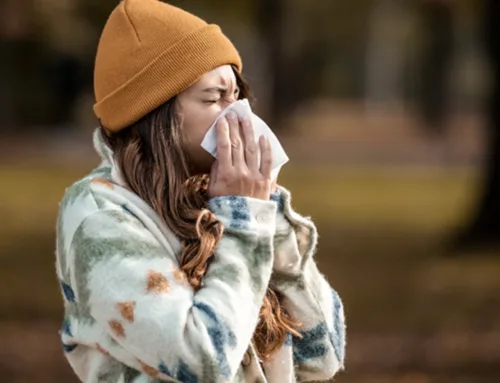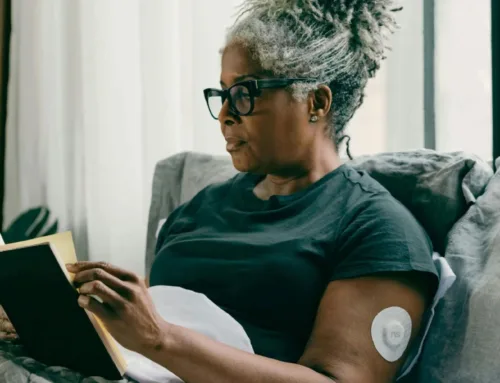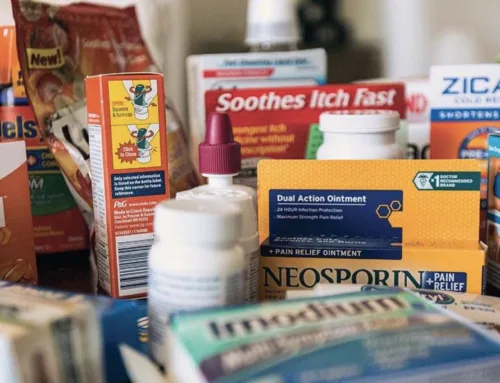When someone mentions a “stomach bug,” they’re often referring to norovirus. While norovirus shares some similarities with other stomach illnesses, it’s a highly contagious virus that requires extra precautions to prevent its spread. Let’s explore what norovirus is, how it differs from a regular stomach bug, and the steps you can take to protect yourself and others.
What Is Norovirus?
Norovirus is a highly contagious virus that causes gastroenteritis, an inflammation of the stomach and intestines. It is often referred to as the “winter vomiting bug” because outbreaks are more common during colder months. Norovirus can affect anyone and is a leading cause of foodborne illness worldwide.
How Is Norovirus Different from a Regular Stomach Bug?
- Cause:
- Norovirus: A specific virus that spreads quickly and easily, especially in close-contact environments.
- Stomach Bug: This is a general term that can describe gastroenteritis caused by viruses, bacteria, or parasites.
- Symptoms:
Norovirus symptoms typically appear suddenly and include:- Severe nausea
- Vomiting
- Watery diarrhea
- Abdominal cramps
- Low-grade fever and body aches
While other stomach bugs may cause similar symptoms, norovirus tends to result in more intense vomiting and spreads much faster.
- Duration:
Norovirus symptoms usually last 1-3 days but can leave you feeling weak and dehydrated afterward. Other stomach bugs might persist longer, depending on the cause. - Contagiousness:
Norovirus is extremely contagious, with only a few virus particles needed to infect someone. It can spread rapidly in crowded environments like schools, nursing homes, and cruise ships.
How Does Norovirus Spread?
Norovirus spreads through:
- Direct contact: Touching an infected person or their vomit/stool.
- Contaminated surfaces: The virus can survive on surfaces for days or even weeks.
- Food or water: Consuming contaminated food or beverages is a common source of outbreaks.
How to Clean and Prevent Norovirus
- Wash Your Hands:
Handwashing with soap and water is the most effective way to prevent the spread of norovirus. Alcohol-based hand sanitizers are less effective against this virus. - Disinfect Surfaces:
Use a bleach-based cleaner to disinfect surfaces that may have been contaminated. The CDC recommends a solution of 5-25 tablespoons of bleach per gallon of water. - Wash Laundry Thoroughly:
Handle contaminated clothing and linens with care. Wash them in hot water with detergent and dry them at high heat. - Practice Safe Food Handling:
- Wash fruits and vegetables thoroughly.
- Avoid preparing food if you’re sick or within 48 hours after symptoms subside.
- Stay Hydrated:
Norovirus can lead to dehydration due to vomiting and diarrhea. Drink plenty of fluids and seek medical attention if symptoms persist.
How Toledo Family Pharmacy Can Help
If norovirus strikes, Toledo Family Pharmacy is here to support your recovery. We offer:
- Over-the-counter remedies for nausea and diarrhea.
- Electrolyte solutions to help you stay hydrated.
- Expert advice on managing symptoms and preventing spread.
Visit toledofamilypharmacy.com or stop by one of our locations for personalized care and recommendations.
Stay Safe and Healthy
Norovirus may be tough to handle, but with the right precautions and care, you can reduce your risk of infection and recover quickly. For more tips and advice, contact Toledo Family Pharmacy—we’re here to help you and your family stay healthy year-round.









